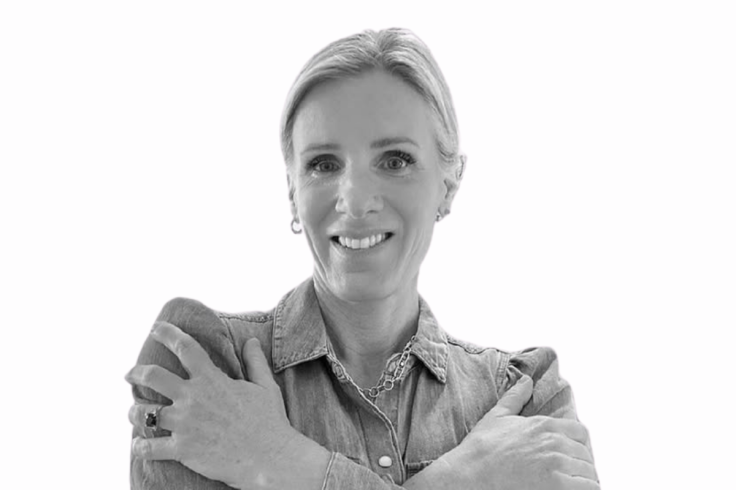Kristin Cabot Scandal Shows Why Women Face Harsher Fallout Than Men, Psychotherapist Says
Psychotherapist links workplace affair backlash to patriarchy and deep-rooted cultural double standards

When Kristin Cabot, the former Chief People Officer at US software company Astronomer, was thrust into the spotlight during the now-infamous Coldplay kiss cam scandal, she was swiftly branded a cheater, a homewrecker and a woman who had destroyed her marriage.
Social media piled on, tabloids feasted on the drama and commentators dissected every detail of her personal life.
Yet months later it emerged that Kristin and her husband, Andrew Cabot, were already separated at the time.
The divorce, now moving forward, will be his third. The frenzy, however, had already done its damage. Kristin's reputation was torn apart, while her male colleague walked away with a golden parachute.
It is a pattern that plays out time and again when high-profile affairs hit the headlines, and experts say it is women who almost always pay the higher price.
'Homewrecker' vs 'Just Being Men'
According to Irene Laturnas Velasco, a licensed psychotherapist based in San Francisco, the unequal treatment is hardwired into cultural attitudes about gender.
'Women face significant risks, including public humiliation, when they engage in extramarital relationships,' she explains in an exclusive interview with IBTimes UK . 'They may be labeled as "homewreckers" or "temptresses," while men are often dismissed with the phrase "just being men." This disparity is rooted in societal perceptions of masculinity, which frequently excuse men's infidelity as natural behaviour. This double standard highlights a troubling bias that prioritises male desires at the expense of women's dignity.'
The result? Men often get to rebuild their careers, while women find doors shut permanently.
Scapegoating Women
Velasco adds that society has a tendency to pin blame on women rather than examine the bigger picture.
'As a society, when affairs happen, we automatically shift blame to individuals instead of the respective relationships. Masculinity and patriarchy still play significant roles in this dynamic. This response is a defence mechanism known as displacement, allowing us to avoid confronting the reality that an affair may signal deeper issues within a marriage.'

A Pattern Across High-Profile Scandals
Cabot's colleague Andy Byron, Astronomer's then-Chief Executive Officer, resigned from his position following the scandal but received what sources described as a 'fat exit package' and a 'hefty severance package'.
The exact amount was not disclosed, though reports suggested it was substantial and potentially in the millions.
Cabot, in contrast, was left to face relentless public criticism without the cushion of a golden payout.
This imbalance mirrors other high-profile cases. When former McDonald's CEO Steve Easterbrook was fired for a relationship with an employee, public criticism quickly turned to the woman involved, while Easterbrook's fall from grace was cushioned by a multimillion-pound severance.
Similarly, during the scandal that engulfed former Lockheed Martin executive Christopher Kubasik, the woman at the centre of the affair endured harsh headlines and online abuse. Kubasik, meanwhile, quietly reappeared in the aerospace industry years later.
And when the BBC was rocked by revelations of office romances, it was often female presenters and staff who faced tabloid shaming, while their male counterparts managed to sidestep the worst of the backlash.
The Cost of Public Shaming
The consequences, Velasco warns, are not just professional but psychological.
'Public shaming can have serious psychological consequences for women,' she says. 'It often leads to intense feelings of worthlessness, helplessness, guilt and fear. This experience can be traumatic, resulting in isolation, which is the opposite of connection. Building healthy connections is essential for thriving in our careers.'
Time for Equal Accountability
The question of whether executives should be fired over consensual relationships remains contentious. Velasco calls it an 'ethical dilemma', pointing out that companies must weigh human fallibility against public trust. But what is clear is that women should not be made the scapegoats while men are given second chances.
Kristin Cabot's ordeal is a stark reminder: until men and women are judged by the same standard, the fallout from office affairs will remain less about ethics and more about inequality.
© Copyright IBTimes 2025. All rights reserved.






















